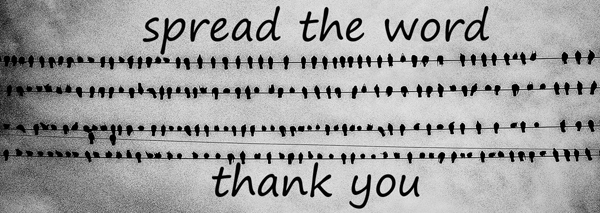
| WELCOME |
 |

comments, ephemera, speculation, etc. (protected political speech and personal opinion) 2020- 2020-08-21 d Pestilence In Literature The Enduring Relevance of The Plague
Albert Camus’s postwar novel captures the existential dread of contagion. In the late 1940s, Nobel Prize–winning French author Albert Camus saw it all coming: pestilence, quarantine, untreatable illness, a cratering economy, citizens cowering in their homes, and “frontline workers” willing to sacrifice themselves for their neighbors. No, he didn’t predict that a novel coronavirus would leap from bats to humans in the closing days of 2019, but he knew as well as any epidemiologist that terrible diseases periodically explode through human populations, and in his novel The Plague (translated from the French La Peste), he warned his contemporaries about it: “Everybody knows that pestilences have a way of recurring in the world, yet somehow we find it hard to believe in ones that crash down on our heads from a blue sky. There have been as many plagues as wars in history; yet always plagues and wars take people equally by surprise.” Arguably the best work of fiction about a disease nemesis ever written, The Plague describes a fictional outbreak of bubonic plague in the French Algerian city of Oran shortly after World War II. It is a story of a pestilence in a modern European city on the African continent with telephones, cars, and other postwar technologies. Colonial France conquered Algeria in 1830 and ruled it until 1962. Camus was born there to French pieds-noir (“black feet”) parents—citizens who lived in Algeria before independence—in the small coastal town of Dréan (then Mondovi), near the Tunisian border. He studied philosophy at the University of Algiers and joined the French Resistance when the Nazis invaded France in 1940, working primarily as editor-in-chief of the outlawed newspaper Combat. He was an existentialist philosopher as well as an author of fiction, and his novel The Stranger enjoyed a decades-long run as required reading for university students. Some assume that Camus’s plague novel is an allegory of the Nazi occupation. It isn’t, really, though he surely drew from his experience in the Resistance when he wrote it. No, The Plague is precisely what it’s purported to be: the story of a city during a horrific outbreak, as told through the perspective of its narrator, Dr. Bernard Rieux. It’s also a morality tale and a warning to all that the human race is bound to experience something like it again. The Plague sears itself into the mind; hardly anyone who reads it ever forgets it. (read more) ______________________ Permission is hereby granted to any and all to copy and paste any entry on this page and convey it electronically along with its URL, ______________________ |
...
News and facts for
those sick and tired of the National Propaganda Radio
version of reality.
|
|||||
|

| If
you let them redefine words, they will control
language. If you let them control language, they will control thoughts. If you let them control thoughts, they will control you. They will own you. |
| © 2020 - thenotimes.com - All Rights Reserved |